Collagen is a vital protein for maintaining healthy, radiant skin. As the primary building block of skin tissue, collagen provides elasticity, firmness, and hydration, reducing the appearance of fine lines and wrinkles. As we age, collagen production naturally decreases, leading to sagging skin and wrinkles. Supplementing with collagen or using topical collagen products can help stimulate collagen production, improve skin texture, and restore a more youthful appearance. Collagen also improves skin hydration, reduces inflammation, and enhances skin brightness, resulting in a smoother, more even-toned complexion. Whether through oral supplements, creams, or serums, incorporating collagen into your skincare routine can have a significant impact on skin health and appearance.
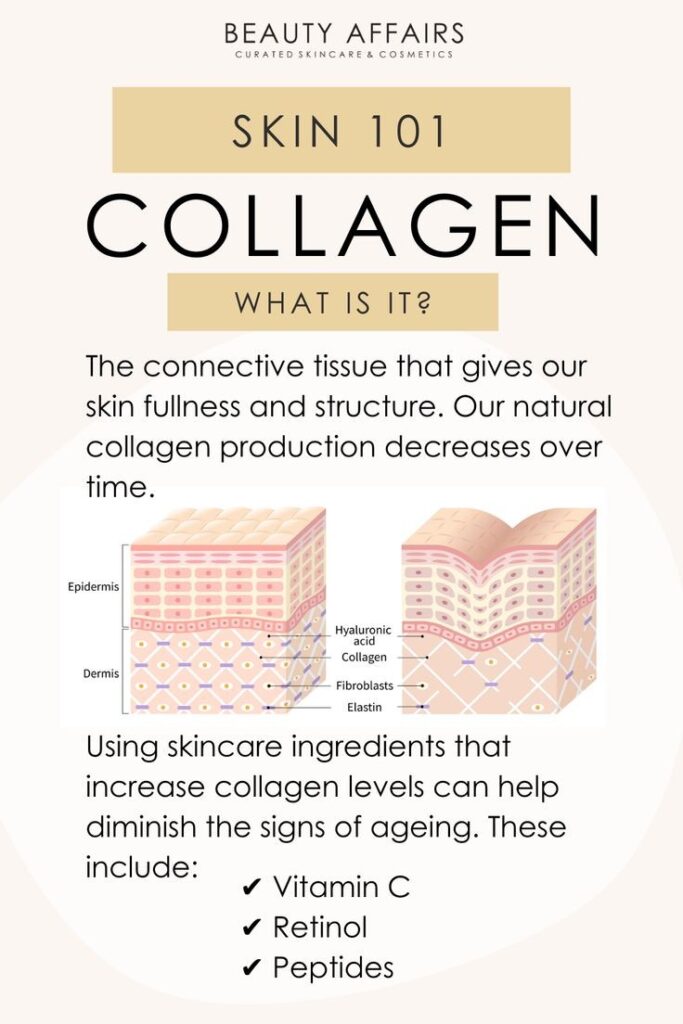
• Here are some additional benefits and information about collagen for skin:
Benefits:
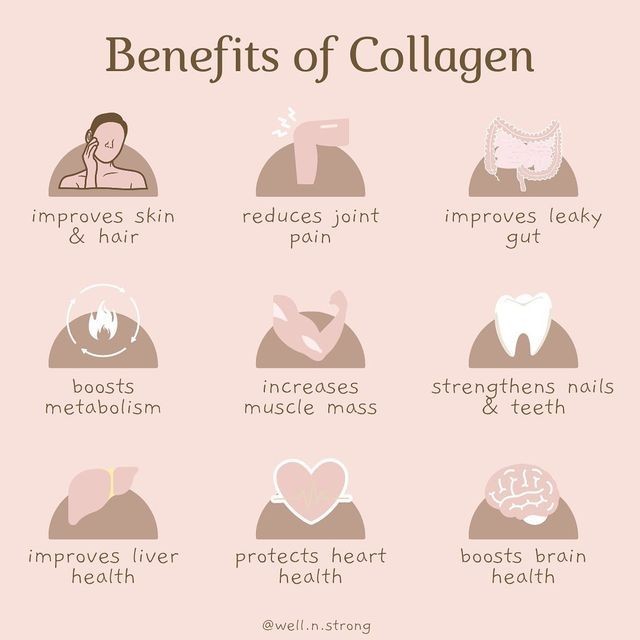
1.Improves skin elasticity and firmness.
2. Reduces fine lines, wrinkles, and age spots.
3. Enhances skin hydration and moisture retention.
4. Boosts collagen production.
5. Improves skin texture and tone.
6. Reduces inflammation and redness.
7. Fades scars and hyperpigmentation.
8. Supports skin regeneration and renewal.
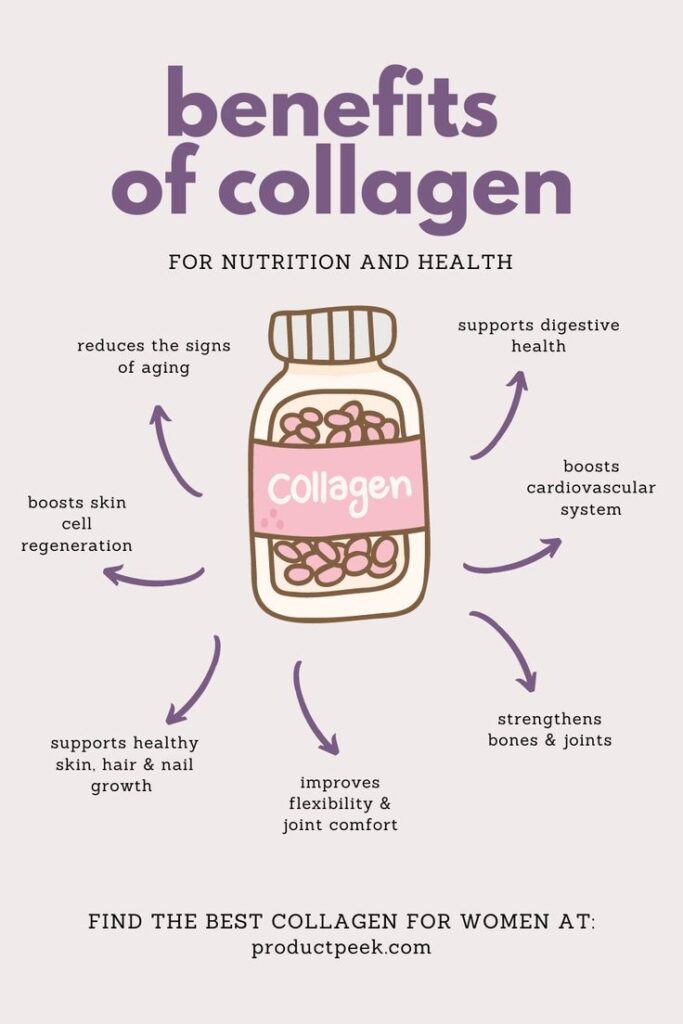
Types of Collagen:
1. Type I: Most abundant in skin, hair, nails, and bones.
2.Type II: Found in cartilage and connective tissue.
3.Type III: Present in blood vessels and muscles.
4.Hydrolyzed collagen: Broken down into easily absorbed peptides.
5.Verisol collagen: A patented, highly effective collagen peptide.
Ways to Incorporate Collagen:
1.Oral supplements (powder, capsules, or tablets)
2.Topical creams, serums, and masks
3.Collagen-infused drinks and foods
4.Collagen-rich foods (bone broth, gelatin, fatty fish)
5.Professional treatments (microneedling, chemical peels)
Tips:
1.Combine collagen with vitamin C for enhanced absorption
2. Start with small doses and gradually increase
3. Consistency is key; use collagen regularly for optimal results
4. Choose high-quality, clinically-tested products
5. Consult a dermatologist or healthcare professional for personalized advice
Potential Side Effects:
1.Allergic reactions
2.Digestive issues
3.Interactions with medications.
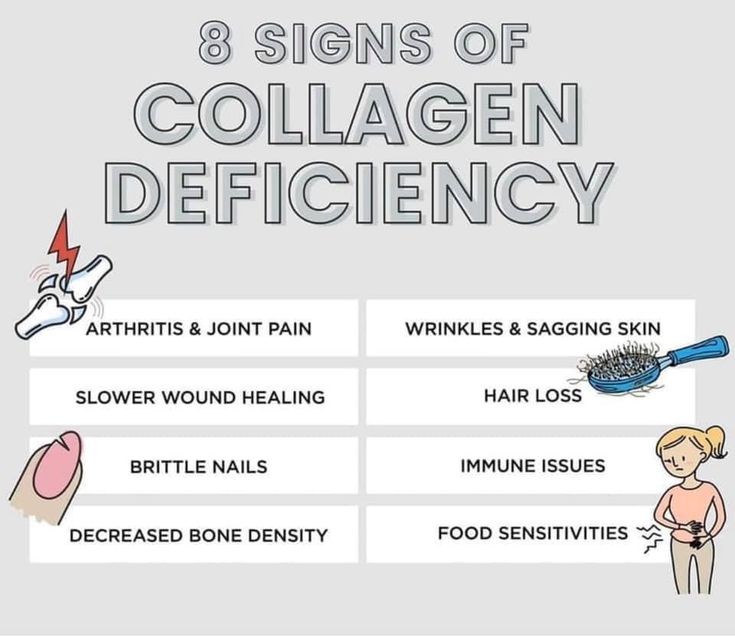
Collagen Production Boosters:
- Vitamin C: Enhances collagen synthesis
- Vitamin E: Protects collagen from damage
- Glycemic acids: Stimulates collagen production
- Retinol: Encourages collagen production
- Peptides: Short-chain amino acids promoting collagen
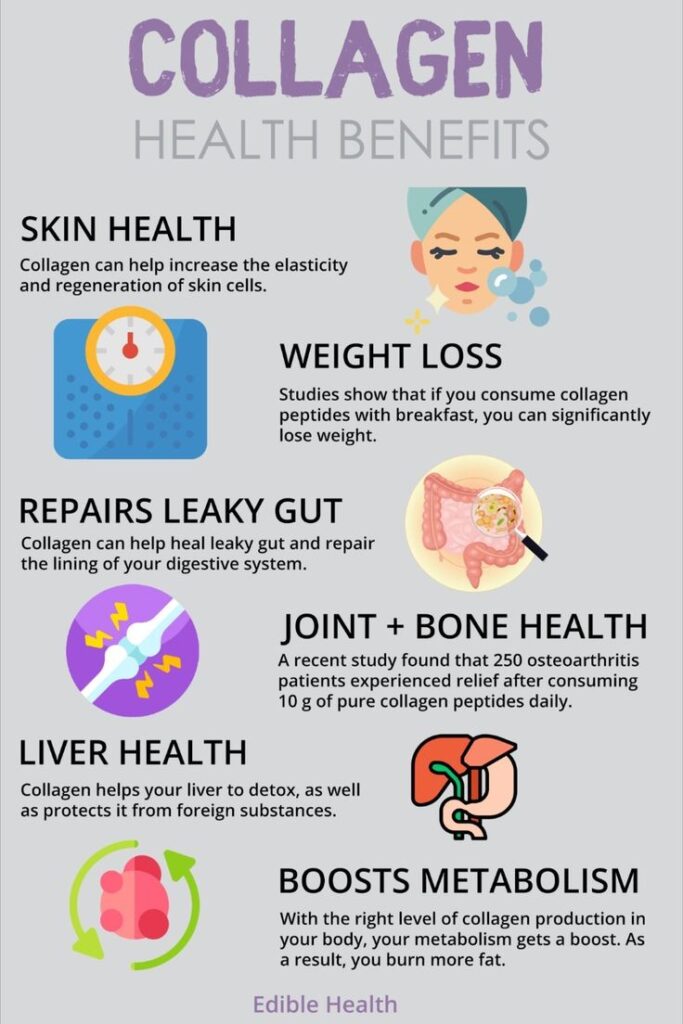
Foods Rich in Collagen:
1. Bone broth
2. Gelatin
3. Fatty fish (salmon, tuna)
4. Egg whites
5. Avocado
6.Berries (rich in vitamin C)
7.Leafy greens (spinach, kale)
Collagen-Destroying Habits:
1.Smoking
2. Excessive sun exposure
3. Sugar consumption
4. Poor sleep
5. Stress
6. Harsh skincare products
7. Lack of exercise
Collagen-Related Skin Concerns:
1. Wrinkles
2. Fine lines
3. Sagging skin
4. Dryness
5. Dullness
6. Acne scars
7. Hyperpigmentation
Professional Treatments:
1. Microneedling
2. Chemical peels
3. Laser resurfacing
4. Microdermabrasion
5. Collagen injections
Collagen Supplements:
1. Powder
2. Capsules
3. Tablets
4. Liquid
5. Gummies
Topical Collagen Products:
1.Creams
2. Serums
3. Masks
4. Moisturizers
5. Eye creams
https://khansasaadhassan.com/top-10-best-places-to-visit-in-pakistan/

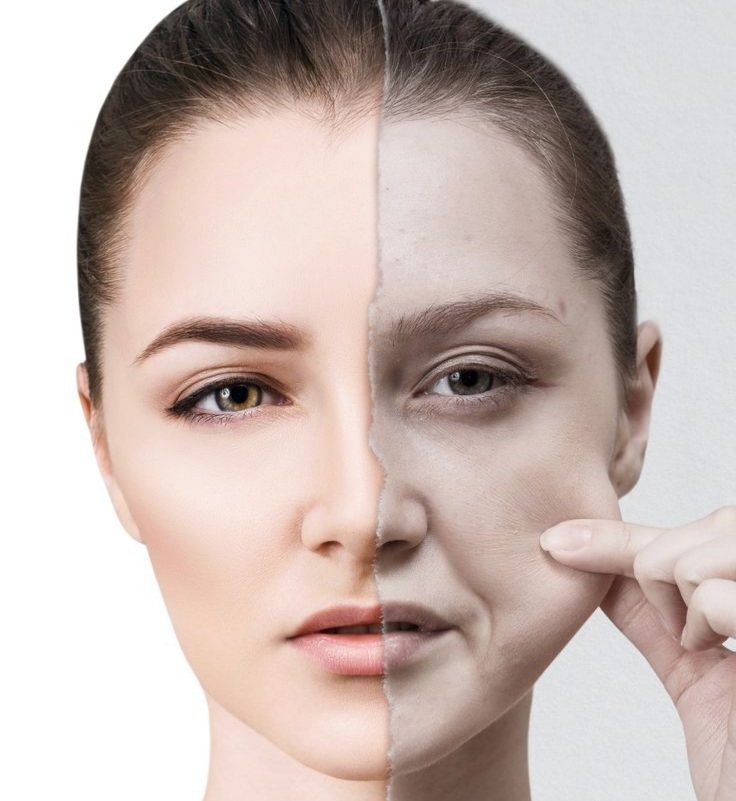
Thank you for writing this article. I appreciate the subject too.
Thank you for your articles. They are very helpful to me. May I ask you a question?
I really appreciate your help
You’ve been great to me. Thank you!
Thank you for writing this post!
Thank you for your articles. They are very helpful to me. Can you help me with something?
How can I find out more about it?